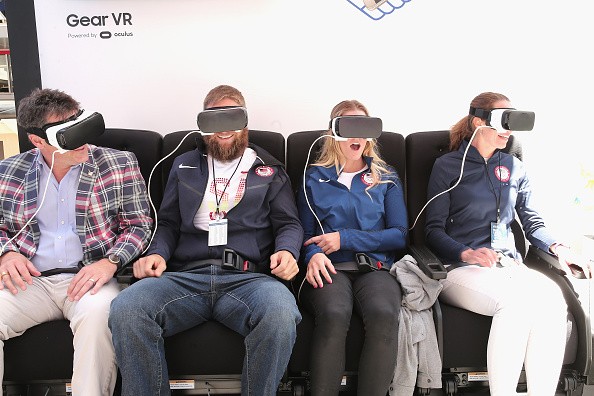There is no denying how virtual reality technology in gaming has reached peak popularity over the last few months. Just last March, Oculus finally released their much awaited VR headset, the Oculus rift. Likewise, HTC unveiled their own virtual reality device, the HTC Vive, mere weeks following the Rift's release.
Gamers expects that the upcoming Electronic Entertainment Expo (E3 2016) to be packed with announcements with regards to VR gaming. In fact, attendees are quite sure that Sony is planning to give a sneak peak of their PlayStation VR during the event.
With that being said, the popularity of VR in gaming cannot be denied. Nevertheless, there are some gaming insiders who do not believe the VR trend to be viable, and one of which is Take-Two CEO Strauss Zelnick.
According to Zelnick, as reported by Gamespot, there is no market for VR gadgets at the moment. He explains that the expense of VR gaming does not end with buying the console and the VR headset. Virtual reality gaming requires a significant amount of space in a home in order to be enjoyable while most videogame consumers have only $300 budget for the activity. Zelnick argues that $2000 and a room dedicated to virtual reality gaming is simply unfathomable for most gamers.
"There is no market for a $2000 entertainment device that requires you to dedicate a room to the activity. I don't know what people could be thinking. Maybe some of the people in this room have a room to dedicate to an entertainment activity, but back here in the real world? That's not what we have in America," quipped by Zelnick.
This is not the first time that the Take-Two CEO voiced out his doubts regarding virtual reality gaming. In an interview with Bloomberg in 2014, Zelnick explains that while VR gaming can be a wonderful experience, it simply would not appeal to everyone. He argues that for most gamers, playing videogames is a social activity. VR headsets provide a very solitary gaming experience. During the sit down, Zelnick agreed with the interviewer claiming that VR headsets specifically the Oculus Rift is anti-social.



























